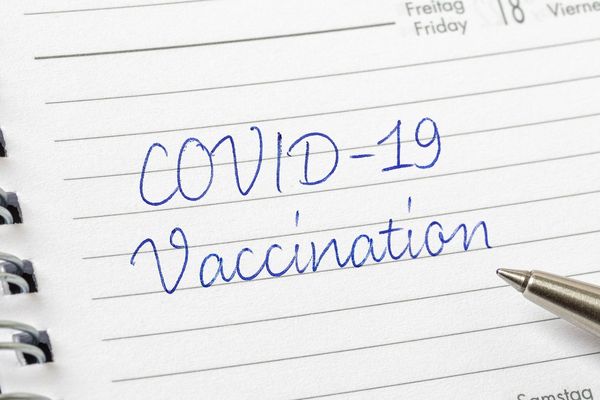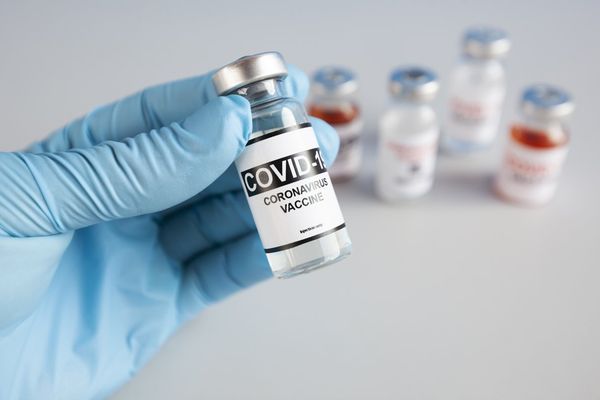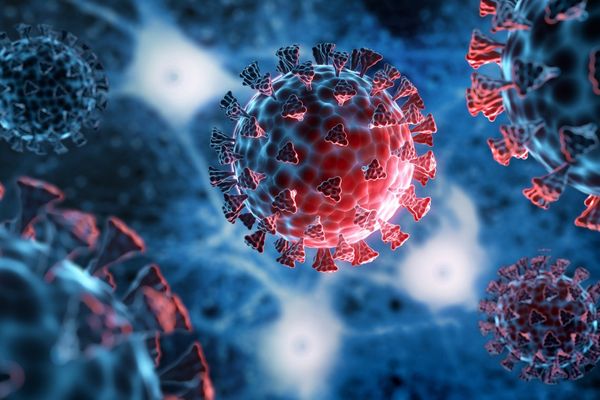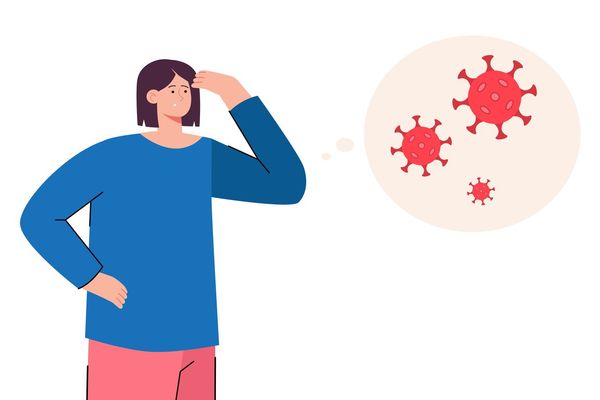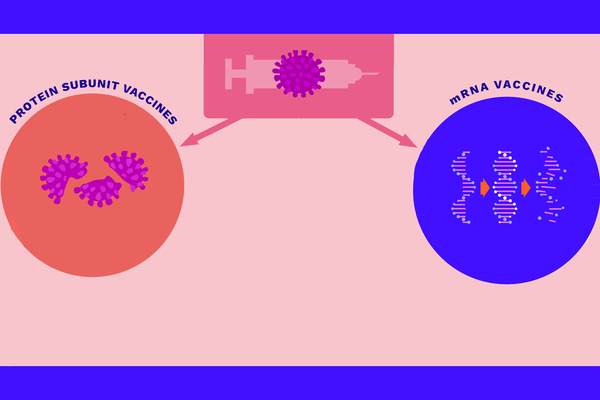On Thursday, October 8, HealthyWomen unveiled its COVID-19 survey results during a webinar with CEO Beth Battaglino. She was joined by Phyllis Arthur, vice president of infectious disease and diagnostics policy at Biotechnology Innovation; Alejandra Castillo, CEO of YWCA USA; and Kate Russell Woodworth from the Centers for Disease Control and Prevention (CDC), for a discussion on how the pandemic has affected the lives and health of American women.
Moderator Stacey Worthy of Aimed Alliance opened the session with key findings from the HealthyWomen survey, which generated two reports: "Women and COVID-19: Understanding the Emotional and Physical Impact on Women's Behaviors and Health Decision-Making During and After the Pandemic" and "Women, Menopause and COVID-19." The online survey was conducted in June, and more than 3,000 women responded. The data is intended to raise awareness and provide a better understanding of the pandemic's effects on women's health as well as how their experiences influence current and possibly future behavior.
An anticipated vaccine
Battaglino began the discussion by applauding the number of respondents — 54% — who said they were likely or extremely likely to get a COVID-19 vaccine upon availability. "To me, that's a pretty high percentage of people raising their hand," Battaglino said. Of those, 67% of Asian women, 53% of Hispanic/Latino women and 45% of Black/African American (AA) women said they're willing to get vaccinated.
Arthur, who's worked with vaccines for nearly two decades, seconded Battaglino. "Women are often the center of health care decision-making in their home," Arthur said. "So seeing women saying they might get the vaccine actually has a ripple across the family."
Nonetheless, 19% of respondents said they were unlikely or extremely unlikely to get vaccinated, and 62% of those women cited lack of trust in safety and efficacy. When asked how to disarm distrust, Arthur responded, "It's important for us to explain what's the same about the process." Most of the process is the same as it has been when developing other vaccines, she confirmed. While the early phases were accelerated, the trials, which are being done to the highest standard, and scientific reviews are now taking the necessary time to ensure efficacy.
Engaging communities of color
Arthur and Castillo also focused on the importance of engaging and developing trust within communities of color. "We want to make sure we're not only advocating on the policy side to make sure that women are safe — that there is no structural discrimination or racism in the process — but more importantly that there's equity," Castillo said. "There's definitely a big role for all of us to play in disseminating information and empowering communities of color."
Arthur concurred. "The issue here is making sure people see themselves in the data . . . How can we undo 40 to 50 years of distrust in clinical trials?" Arthur asked. It's important, she said, that people realize participating in trials is, in fact, the best way to see themselves in those trials.
But not everyone will see themselves. Woodworth, a pediatrician with the CDC's Division of Birth Defects and Infant Disorders, confirmed current vaccine trials exclude pregnant women. "What we expect will happen," said Woodworth, "[is that] as we get increased safety data from non-pregnant adults . . . these clinical trials will expand to pregnant women and children."
The participants in the panel also discussed access. Arthur emphasized how crucial it is that the vaccine be available throughout all communities and be delivered by trusted community members. "It's a tall order in a very short period of time, but extraordinarily important," she concluded.
COVID-19, communities of color and health care
The HealthyWomen survey aligned with the CDC finding that communities of color have been disproportionately affected by the virus. While 11% of women sought care for COVID-19 symptoms, the percentages were higher for Black/AA (19%) and Hispanic/Latino (21%) women.
Generally, the pandemic has adversely affected women's mental health and well-being, with around one-third of our respondents reporting that they experienced stress, anxiety or worry during the social distancing period of the pandemic. The survey found that, compared to white women, more Hispanic/Latino and Black/AA women were worried about having a place to stay, affording health care and physical safety. Hispanic/Latino women also noted a greater need for mental health services than white women, but were less likely to make health care-related appointments.
The survey also confirmed overall health care utilization decreased during the first few months of the pandemic due to fear of contracting the virus and social distancing measures. While 64% of respondents had previously scheduled appointments when the pandemic hit, only 32% kept their in-person appointments. Another 32% booked a telehealth appointment, and 13% canceled. The increase in telehealth — especially by women experiencing menopausal symptoms — was a positive finding for Battaglino. "I think telemedicine will continue to grow," she said.
Menopause in a pandemic
On the topic of menopause, 54% of respondents were living with menopausal symptoms. Prior to the pandemic, about one-third of those respondents had in-person doctor visits to discuss their symptoms (2% had used telehealth). Since March, 44% of women with menopausal symptoms needed to schedule a doctor's appointment. Battaglino stressed, "If you're going through menopause and you have symptoms that are affecting your sleep . . . or mental health, please make that appointment and see your provider."
"Menopausal symptoms are treatable," she continued, "This extra stress is exacerbating some of [those] symptoms . . . [that's why] it's so important to keep our appointments."
The survey supports Battaglino's claim. In light of the pandemic, women experiencing menopausal symptoms were more likely than women without menopausal symptoms to report social anxiety, separation anxiety, insomnia and panic. Additionally, Worthy said unmanaged menopause can lead to certain health risks, including heart disease and Type 2 diabetes, which the CDC have identified as underlying health conditions that place people at higher risk for severe COVID-19 illness.
Battaglino urged women to make themselves a priority. "We're always so busy taking care of our significant others, our children — even the family pet gets put before us — it's so important for women to prioritize their own health. "
Resources
Biotechnology Innovation
YWCA USA
Centers for Disease Control and Prevention
This resource was created with support from Astellas and The Pfizer Foundation.


